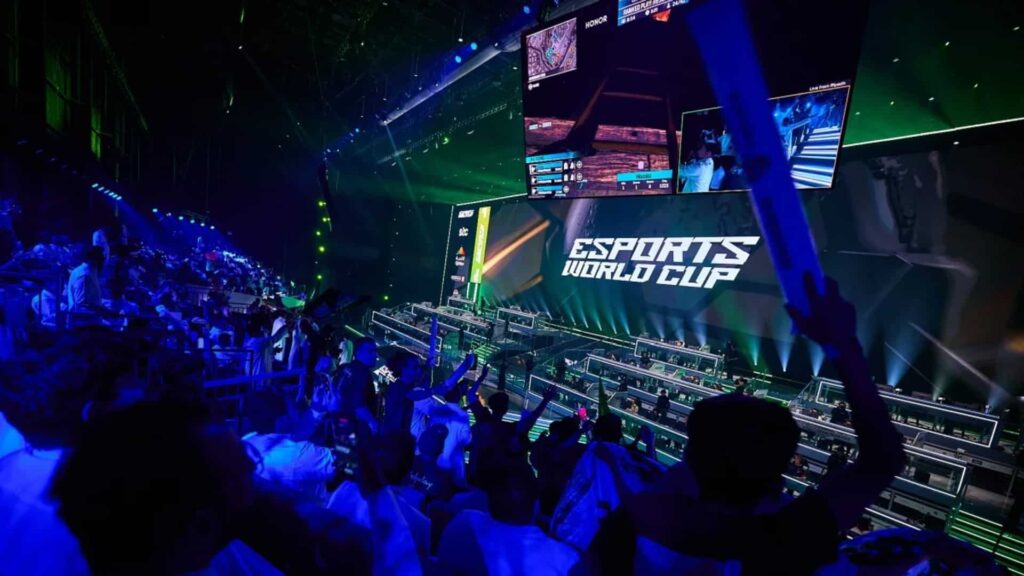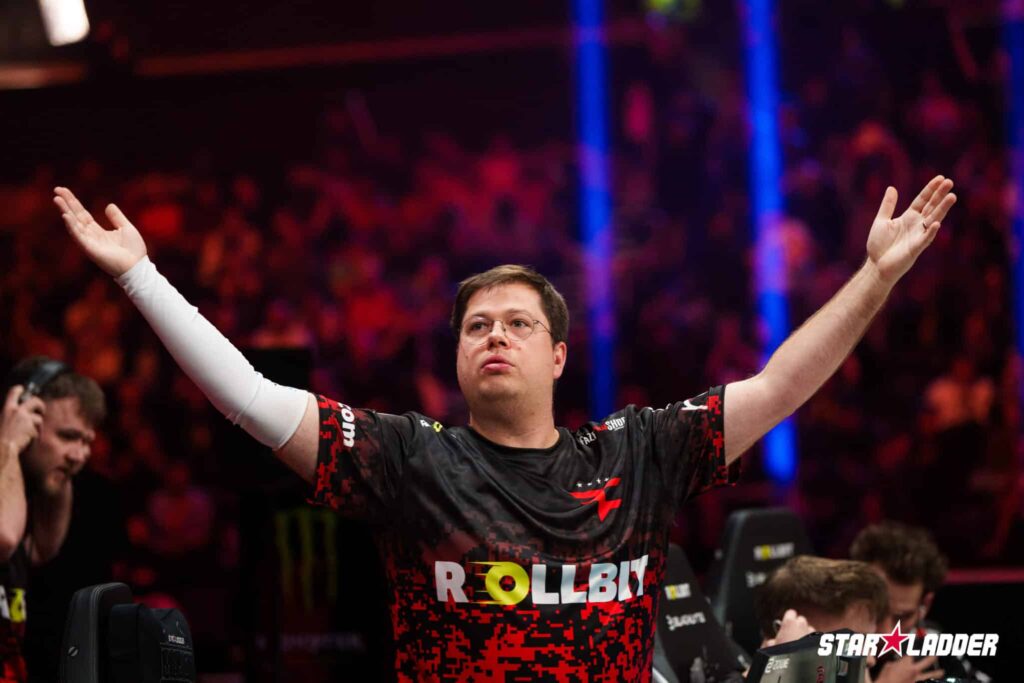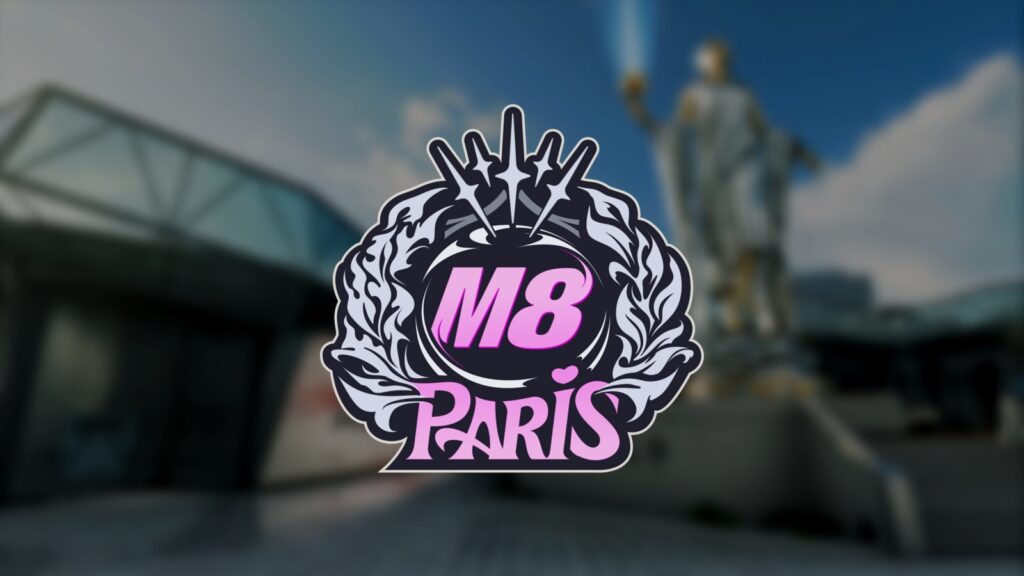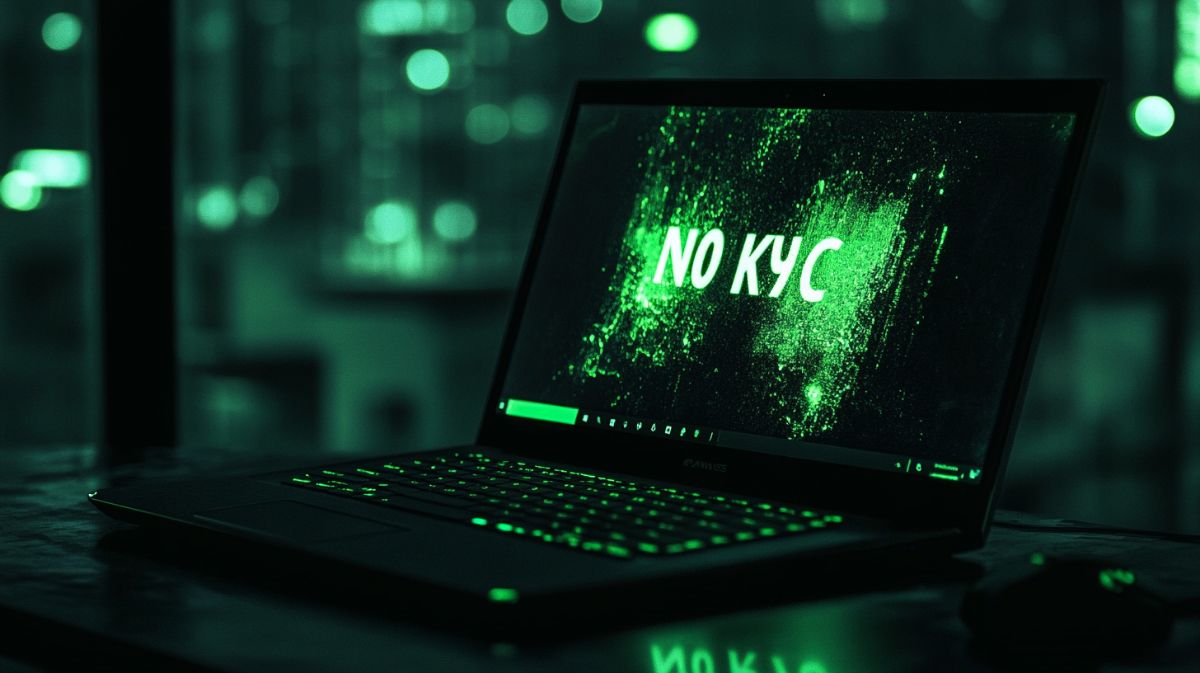Are remote events here to stay? What the future holds once LAN returns?
It’s no secret that the number of esports events that had to be cancelled because of the coronavirus crisis is in the hundreds if not thousands around the world. Hastily put together remote events replaced them initially, and as time passed, online-only events became the new normal pretty quickly, and initial growing pains were overcome by most event organisers.
While the coronavirus rages around the world, events and tournaments have to stay online – including big events like BlizzCon and even TwitchCon – its online-only replacement event is called GlitchCon. However, there will also be a time after the coronavirus, and for the esports industry as a whole, it will bring a big question with it – whether or not to go back to in-person and LAN events. Many esports fans are actively looking forward to when normalcy will resume, but there are strong arguments for entirely remote events as well.
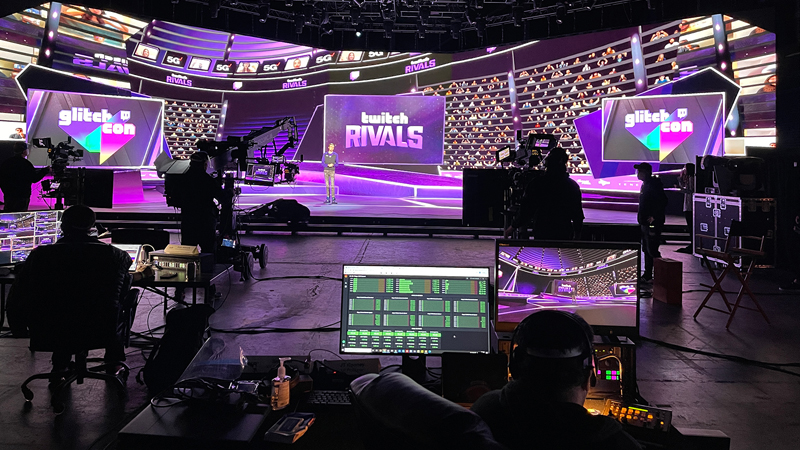
Reaching new audiences
One of the most common drawbacks of in-person events is the limit that has to be put on the number of attendees. While huge events like the League of Legends World Championship can easily fill pretty large stadiums and halls, that’s not always the case – and even then, only very few gamers get the chance to actually attend.
Between the often eye-wateringly high travel and hotel costs many face, visas and the general headache of making time to go away for a weekend, the majority of event attendees are usually local. Especially in events in China and America – locations where some people struggle to get visas to (and thus a chance to attend) at all.
Dedicated online-only events have a different setup to in-person events and deliberately offer angles, events and content that is easy and fun to watch at home. This appeals to entirely new audiences – including me! I would never want to fly all the way to the US just to attend BlizzCon, for example, but the online event? Absolutely!
Many others feel the same. While it’s true that already, live-streams and coverage exist that let us see what’s happening, it’s not unusual for those to be flawed at best. Recordings of panels are pixelated with bad audio or filmed from horrible angles, match footage is streamed with a delay, and so on.
For events that are deliberately set up to be remote, those issues are addressed more actively because they are a bigger deal – and additional digital content and digital interactions are usually offered as well, whether it’s a chat room, in-game goodies, or exclusive content. Already, BlizzCon 2021 has been announced to be entirely remote next year, and many fans are excited.
Is it perfect? No.
It wouldn’t be fair to claim that remote-only events are all-positive. They come with their own set of challenges. When it comes to the high-profile tournaments that are so often key to esports events, things like lag, connection trouble, and even the possibility of cheating pose a greater problem than at normal LAN events. It’s no good if a game result is falsified because one team had a lag spike!
Many fans also enjoy meeting up with like-minded people in person, and want to engage with their favorite players, cosplayers and other esports personalities personally, rather than via a screen. Especially during Covid-19, many gamers feel isolated and miss exactly this real-life interaction.
I don’t think remote-only events should replace LAN events at all, but I do think that dedicated online events have a real place in the esports world, and could be a powerful tool to engage fans in areas that can’t visit events in person, be it because of cost, location, or lack of free time.
In the end, LAN events that also have and even identical experience both in-person and via broadcast should be aim of every event organizer in the future.
